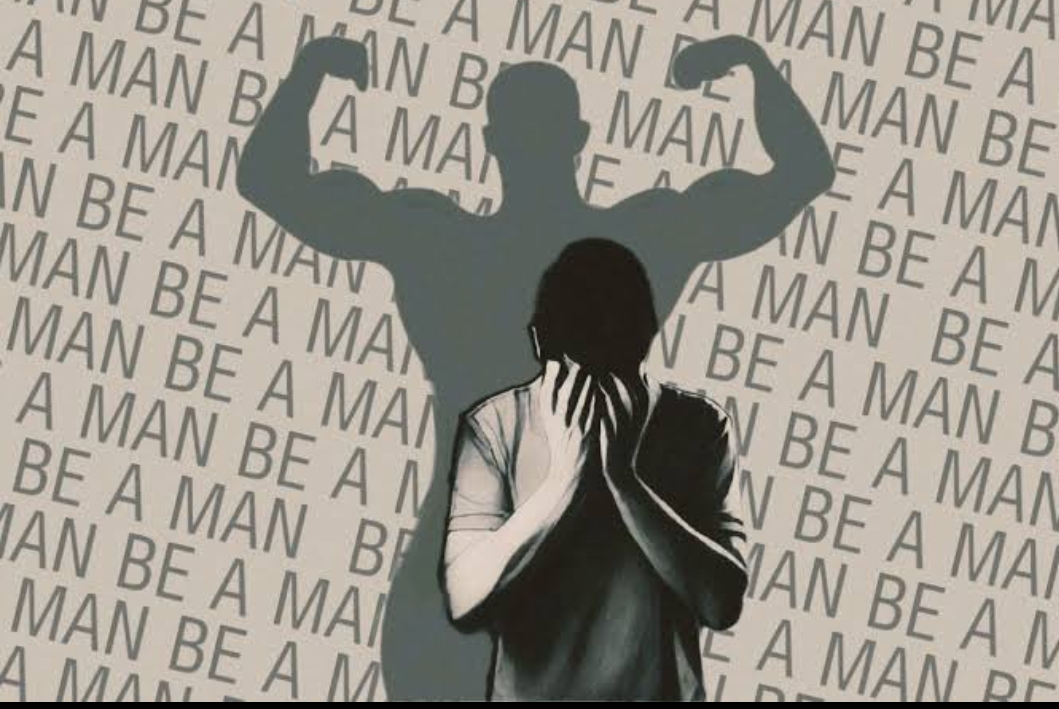In today’s fast-paced and pressure-filled society, men often find themselves burdened with unspoken expectations to be strong, stoic, and unwavering. However, beneath the surface lies a brewing storm: the mental health struggles of men that are often taken for granted because they are expected to take such pressures or struggles "like a man", can be a ticking time bomb just waiting for the "right" circumstances to set if off. These struggles, when ignored, can lead to emotional breakdowns that not only devastate individuals but ripple across families, communities, and workplaces.
The Silent Epidemic
Men are less likely than women to seek help for mental health issues due to societal stigma, cultural norms, and a fear of appearing weak. This reluctance has led to alarming statistics:
According to the World Health Organization (WHO), suicide rates are significantly higher among men globally.
Men are more likely to resort to substance abuse as a coping mechanism for stress, anxiety, and depression.
Why Are Men Vulnerable?
Social Expectations: From a young age, boys are often taught to suppress emotions and "man up," creating emotional isolation.
- Work Pressure: The pressure to be the breadwinner can lead to chronic stress and burnout.
- Lack of Support Systems: Men often lack close friendships or safe spaces to express their feelings.
- Biological Factors: Hormonal imbalances, such as lower testosterone levels, can contribute to mood disorders.
The Consequences of Ignoring Men's Mental Health
Unchecked mental health struggles can lead to:
(i) Emotional Burnout: A state of complete mental and physical exhaustion.
(ii) Relationship Breakdowns: Strained relationships with partners, children, and friends.
(iii) Workplace Decline: Reduced productivity and increased absenteeism.
(iv) Self-Destructive Behaviors: Substance abuse, violence, or suicide.
Breaking the Cycle
Addressing men's mental health requires collective effort:
1. Promote Open Conversations: Normalize discussions about mental health in families, workplaces, and communities.
2. Access to Professional Help: Ensure affordable and stigma-free mental health services.
3. Encourage Healthy Coping Mechanisms: Exercise, hobbies, and mindfulness practices can help manage stress.
4. Education and Awareness: Teach boys and men that seeking help is a sign of strength, not weakness.
The Role of Society
Changing the narrative around men's mental health starts with dismantling harmful stereotypes. Communities, governments, and workplaces must recognize that mental health is as important as physical health. Men deserve the same level of care, compassion, and support.
Final Thoughts
Men’s mental health is not just a personal issue—it’s a societal one. By acknowledging the ticking time bomb of untreated mental health issues, we can create a culture where men feel empowered to seek help, speak out, and prioritize their well-being. It’s time to take this issue seriously before the consequences become irreversible.
